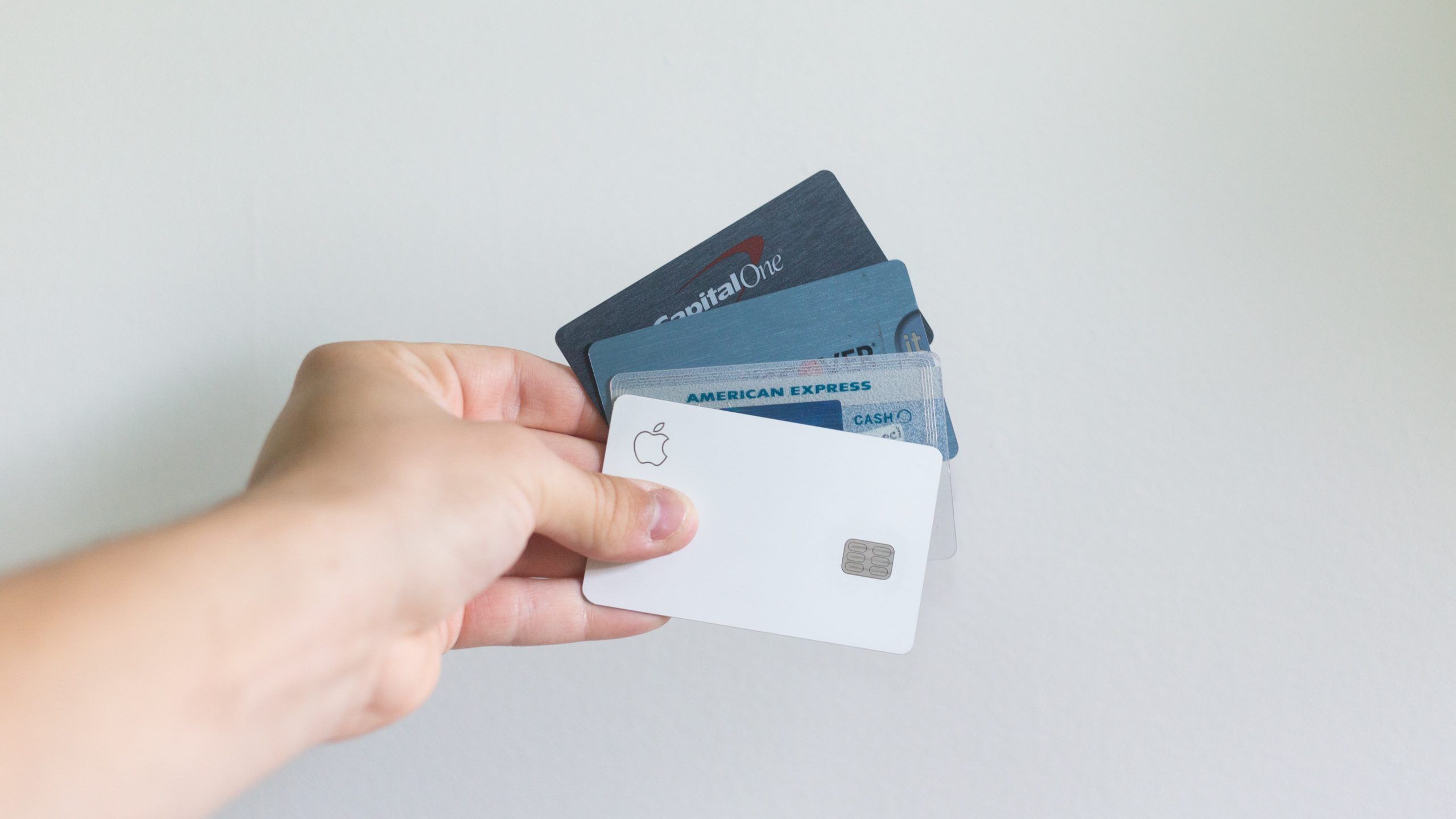
5 Common Causes of a Decreased Credit Score
Your credit score plays a big role in your life when it comes to making financial decisions. This is because there are fewer credit options available to you if your credit score is low. It can also be more difficult to acquire a mortgage, or to even rent a property, with a low credit score.
So, if your credit score decreases, then it’s very important to understand why, and how you can go about increasing it.
But what exactly is a credit score? And how is this figure calculated?
A credit score, also known as credit rating, is a number generally between 300 and 850, although there are some credit scoring models that go higher. The number is calculated based on information provided by credit reference agencies. This information is called a credit report.
A credit report contains details on a person’s credit history, such as the number of accounts they have open, their total number of debts, and their repayment history.
Credit reference agencies collect this information from utility companies, mobile phone companies, and mortgage lenders, just to name a few. The higher the credit score is for a person, the better it looks to lenders, and the more likely that person will be accepted for credit.
For example, if a person would like to apply for a credit card, the lender will check their credit score to ascertain whether they are eligible. Generally, the lower the credit score, the higher the interest will be.
To help you, we have put together a list of 5 possible causes as to why your credit score might have decreased.
We advise monitoring your credit report regularly, so that you can keep track of your credit score and notice if/when it decreases. If it does, then it could be due to any of the 5 reasons below.
1. Making large purchases on your credit card

If you use too much of your available credit limit, then this could signal to lenders and/or credit reference agencies that you aren’t in a financially stable position. However, using too little or no credit could also affect your credit score.
You should try to find the right balance between spending too much and not enough to help you limit the negative impact on your credit score. It is recommended that you use around 30% of your credit, and that you make regular repayments.
If you do decide to make a large purchase on your credit card, ensure that you are able to repay the full amount as soon as possible, so that you don’t incur too much interest.
2. Missing credit card payments

When checked by agencies, your payment history plays a major role for the credit scoring models they use in determining your credit score.
A 30-day missed payment can have a negative impact on your credit score. If you have a high credit score, then the amount the figure drops will be greater than it would be if your credit score was low.
Additionally, if you have gone into arrears on one of your accounts because you have missed multiple payments, then this can drastically affect your credit score for a number of years.
However, the decrease in your credit score because of missing one payment can easily be fixed. If you are late with a payment but you manage to keep on top of your payments thereafter, it shouldn’t be long before you see an increase in your credit score.
3. Paying off loans
Although it is a good idea to pay off some debt in full, this can have a negative impact on your credit report by causing your credit score to decrease.
This is because credit scoring models prefer you to have a mix of credit types to prove that you can adhere to the agreements made. The more credit you have available, and as long as you’re managing it sensibly, the higher your credit score will be, which will help to show lenders that you are trustworthy.
4. Applying for new credit
If you apply for new credit, such as for a new credit card, then lenders will carry out a hard check. A hard check is when a lender pulls your credit report because they want to ascertain whether you have a good credit history. This hard check can lower your credit score by a few points.
If you’ve recently applied for new credit, then consider waiting at least three months before applying elsewhere.
When applying for new credit, you can limit the impact it may have on your credit score by requesting lenders to carry out a soft check.
A soft check does not affect your credit score and other lenders cannot see when one has been carried out. A soft check is not always possible, but it can be worth enquiring about it before applying for new credit.
5. Closing an old bank account
It is not uncommon for people to find they have old, often unused accounts that still appear on their credit report. Whilst you may think that closing these may be helpful, it could actually harm your score as the presence of older accounts can be a positive thing as they can increase the average maturity of your credit profile.
However, it is important to check that any historic accounts do not have any forgotten outstanding balances, even if they are small amounts, as these could be negatively impacting your credit score without you realising.
If you’re struggling to improve your credit score, then you may want to consider alternative financial solutions, such as a Debt Management Plan (DMP) or an Individual Voluntary Arrangement (IVA).
To find out more about these debt solutions, please contact us, and we’d be happy to help.
Request a Debt Assessment
Disclaimer: For guidance only. Financial information entered must be accurate and would require verification. Other factors will influence your most suitable debt solution.
credit rating, Credit score, credit score help, Debt Help, Debt repayments, Debt support, decreased credit score, improve credit score